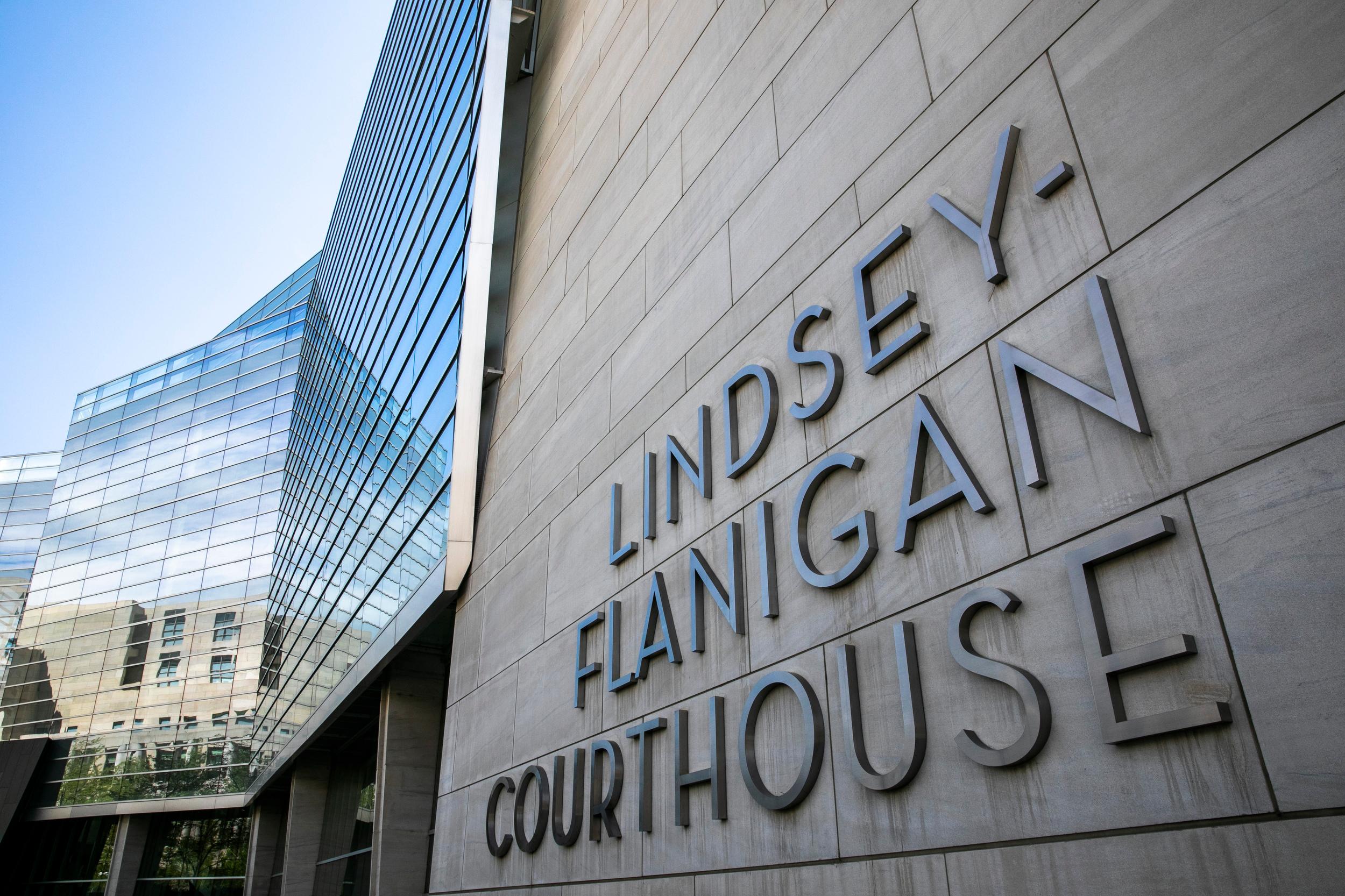
Shannon Carson, a former lead deputy public defender in Colorado, said she couldn’t remember ever taking breaks on the job.
“I would just work the whole time. I'd make my lunch and then eat it at my desk,” she said.
Carson left her post after 12 years in August, but the caseloads — and low pay compared to district attorneys — are still overwhelming Colorado’s public defenders, according to state employees working for the Office of the Colorado State Public Defender. They are forming a wall-to-wall open union under the Communication Workers of America 7799.
The union has three main demands — a limit on caseloads, pay equity between district attorneys and public defenders, and pay increases for the lowest paid workers.
Organizers said several attempts to form a union have failed, but joining the Defenders Union of Colorado, or DUC, pushed through due to the culmination of several workplace frustrations.
“We have come together to form DUC because we are tired of seeing really talented, dedicated defenders leave the Office of the State Public Defender in droves, and it's bad for our clients. It hurts continuity of care for our clients,” said Carly Hamilton, a deputy public defender in the Arapahoe office. “And it means that many of us are so overworked to fill in those gaps that we can't effectively advocate for our clients.”
Carson said her office kept piling on responsibilities until it overwhelmed her.
"I have two kids, I can't just work as many hours as I could when I was younger,” she said.
Social workers, administrators included
Matt Haugen, an investigator at the Jefferson and Gilpin County offices, said he joined the union’s organizing committee to make sure non-attorney voices are heard. He said employees like fellow investigators, social workers and administrators are vital in making sure clients get the representation they deserve.
Haugen said non-attorney workers are disproportionately overworked and underpaid compared to their lawyer peers.
“There are likely hundreds of people who are just like I was six months ago, a year ago — drowning and trying to figure out how they're going to create time out of nothing,” Haugen said.
The union claims, as a whole, they are paid less than their prosecutor counterparts at district attorney offices, which have budgets and salaries set by counties, not state legislators.
Lead deputy public defender and co-organizer Kiyomi Bolick said the public defender’s office should follow district attorneys’ leads and scale pay based on cost of living instead of having a flat rate across all offices across the state.
"Because the cost of living fluctuates, depending on where you are in the state, we've seen problems, for example, in our Glenwood Springs office or in the Steamboat Springs office, there are admin positions that have remained open for months on end because people who live in those locations simply can't afford to take that job for the wages we are offering,” Bolick said.
State law doesn’t require recognition of the union
The union faces a significant setback — the state is under no obligation to recognize the Defenders Union of Colorado, even if a majority of workers vote to unionize. According to state law it is illegal for them to strike or take any action that gives them bargaining power.
Other unions organized under CWA Local 7799 face the same issue. The union, which also represents University of Colorado workers and Denver Public Library workers, has advocated for an expansion of collective bargaining rights for public employees, but attempts, including one in the last legislative session, have either failed or been heavily watered down.
“Unfortunately, we are at the whims of the legislature and so we are going to have to petition the legislature to recognize that we should be entitled to the same rights as private sector employees,” Bolick said.
The Office of the Colorado State Public Defender, led by Megan Ring, has not responded to a request for comment from CPR News.
Because the state isn’t required to recognize the union, organizers don’t have to wait until a majority votes to unionize to go public with their demands. Bolick and Hamilton, a defender in the Arapahoe office, say they’ve received some form of support from about 450 employees.
The Office of the Colorado State Public Defender employs about 1,000 people, including those in managerial positions who wouldn’t be eligible for union membership.









